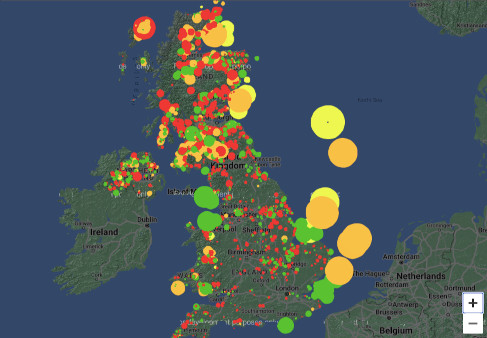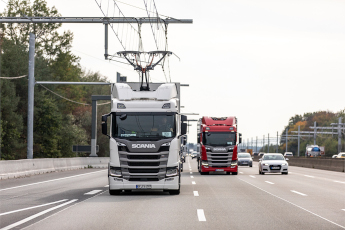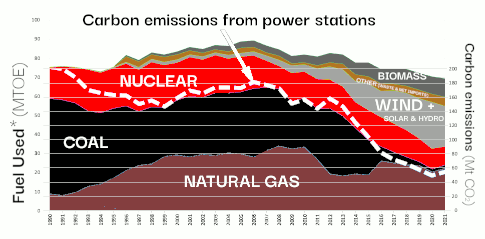Building UK's future energy
UK currently spends £120 billion each year on oil and gas. Wind and solar electricity promise a much cheaper alternative.
Move the Blue slider:
Charging
Discharging
Blackout
To storage
- charging
From storage
- discharging
Blackout
- System crashes (not enough electricity)
Curtailed
- Excess power wasted (disabled)
Total cost = £ Billion
Use sliders to reduce cost to a minimum
Now move the Green slider:
Click HERE to explore possible futures of UK energy
(Links to a new page)
What if the UK built more turbines?
Move the blue slider:
Now move the green slider:
Stored electricity can fill the gaps when there's no wind
But battery storage is costly. The full simulation explores many more options using real-world electricity data - different power sources, different storage, and changes in demand due to heat pumps, battery electric vehicles and home insulation.












